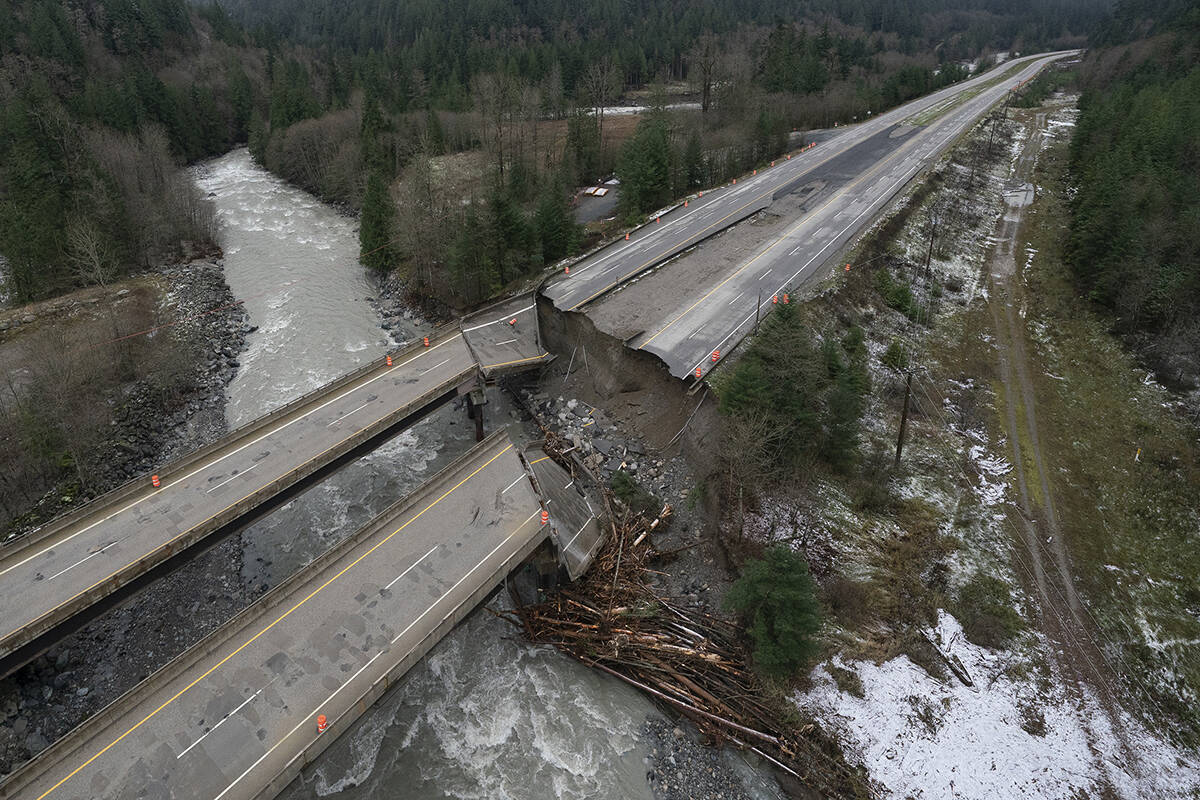Federal Emergency Preparedness Minister Bill Blair will be in Abbotsford today alongside his provincial counterpart Bowinn Ma to announce disaster relief funding in response to the devastating flooding of November 2021. Abbotsford was hit hard during the three-day atmospheric river that triggered flooding that damaged farmland, infrastructure and forced thousands from their homes. The Insurance Bureau of Canada has estimated the cost of insured flood damage was at least 450-million dollars, making it the most expensive disaster in the province’s history.
Former NDP cabinet minister Melanie Mark wiped away tears yesterday as she announced her plan to resign from the legislature. Mark says she is proud of her accomplishments despite the challenges of working in what she called a colonial institution. She was the first First Nations woman elected to the legislature and says her proudest moment came as advanced education minister, when she helped drive government policy that waived tuition fees for youth in care. The representative for Vancouver-Mount Pleasant says she expects her last day to be the end of next month.
Environment Canada says an Arctic air mass has settled over much of northern BC and the central Interior, as well as regions along the Alberta boundary. Wind chill values nearing minus-40 are expected to ease later today in the Lakes District, Chilcotin, and Prince George areas. But similar temperatures with wind chill are expected to persist until tomorrow in the Peace River region, along with Yoho National Park and the Elk Valley. Wind chill of minus-20 or lower is expected to last through midday tomorrow along the northern and central coast.
RCMP say they’re urgently seeking witnesses after two women were randomly and violently assaulted in downtown Richmond on Valentine’s Day. The Mounties say investigators arrested a 41 year-old suspect last Friday. He remains in custody facing one charge of assault causing bodily harm, with a court appearance scheduled next week.
Researchers say endangered southern resident killer whales that frequent the Salish Sea each summer are threatened by the decline of salmon populations and a lack of high-quality fatty fish. A study led by University of British Columbia scientists shows not all salmon are equal when it comes to nourishing the orcas, whose population has dwindled to a little more than 70. Lead author Jacob Lerner says spring-run salmon tend to be fatter, offering more energy for the whales. The study shows the southern residents would have to consume 30 per cent more salmon during the fall run than in the spring.


